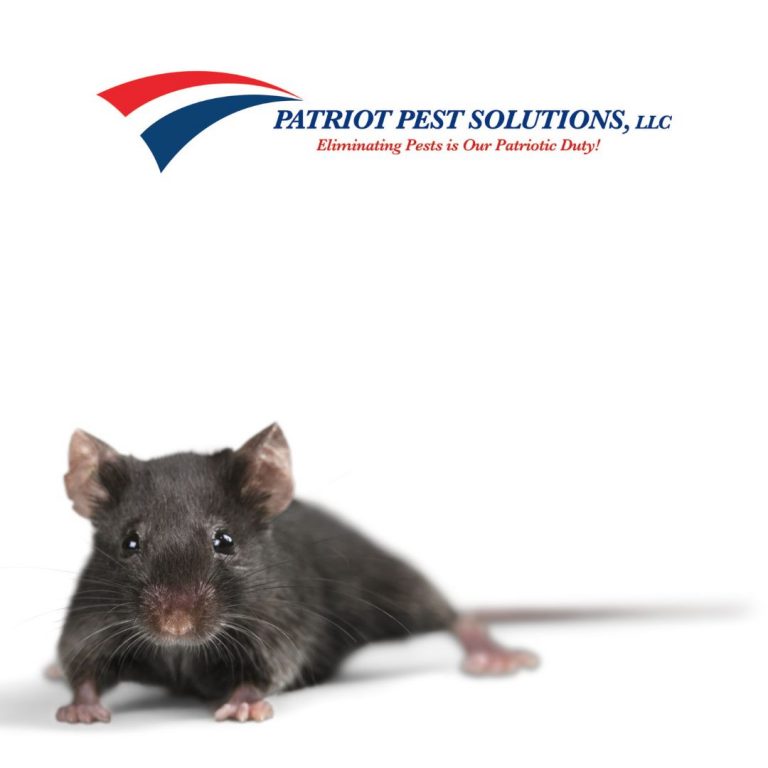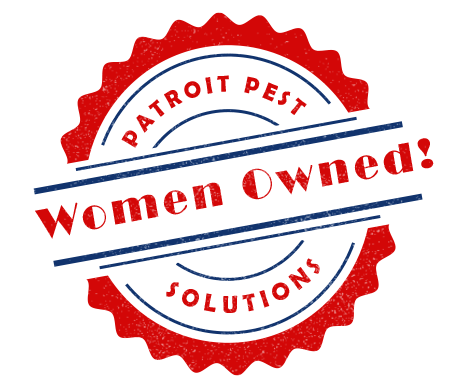Pennsylvania is home to a variety of native and invasive rodent species. From bustling urban areas like Philadelphia to the lush countryside of Montgomery County, these small mammals can often be found searching for food, shelter, and warmth. While some may seem harmless, rodents can cause significant damage to homes, businesses, and the natural environment. They can also pose serious health risks by carrying diseases or allergens.
This post will explore the common rodent species in Pennsylvania, how they impact daily life, and what steps you can take to manage or prevent infestations. Whether you’re dealing with pesky mice in your kitchen or a growing rat problem in your commercial property, knowing what you’re up against is crucial.
Why Rodents Are a Cause for Concern
Rodents might be small, but the consequences of having them around can be big. Here are some key reasons why rodent infestations should not be ignored:
- Property Damage: Rodents are notorious for chewing through wires, wood, and insulation. Rats and mice can cause fires by gnawing on electrical wiring.
- Health Hazards: Rodents can spread diseases like Hantavirus, leptospirosis, and salmonella through their droppings, urine, or direct contact.
- Allergic Reactions: Dander and droppings from rodents can impact indoor air quality, triggering allergies or asthma in sensitive individuals.
- Reproduction Rates: Rodents breed rapidly, transforming a small issue into an overwhelming infestation within a short time.
While these concerns are valid, understanding the different types of rodents and their habits will help you better prepare to deal with them.
Common Rodent Species in Pennsylvania
Pennsylvania is home to several rodent species that are commonly encountered in homes, farms, and businesses. Here’s a closer look at the most prominent ones:
1. House Mouse (Mus musculus)
- Appearance: Small, light-brown or gray rodents with large ears and long tails.
- Habitat: House mice thrive indoors, particularly in basements, walls, or attics. They’re extremely adaptable and can survive in urban, suburban, and rural environments.
- Behavior: They feed on grains and seeds but are infamous for contaminating human food sources. House mice can fit through very small openings, making them tough to exclude from buildings.
2. Norway Rat (Rattus norvegicus)
- Appearance: Large rodents with brown fur and a blunt nose, weighing around 12-16 ounces.
- Habitat: These rats prefer ground-level habitats, residing in sewers, crawl spaces, or burrows outdoors.
- Behavior: Norway rats are destructive chewers and can seriously damage property. They’re also known carriers of several dangerous diseases, making their control essential.
3. Roof Rat (Rattus rattus)
- Appearance: Sleeker and smaller than Norway rats, with a pointed nose and long tail.
- Habitat: Roof rats are excellent climbers and often nest in trees, roofs, or high-level areas of structures.
- Behavior: These rodents are highly agile, making them challenging to capture or exclude. They frequently infest homes near wooded or coastal areas.
4. Meadow Vole (Microtus pennsylvanicus)
- Appearance: Small, stocky rodents with brown fur and short tails.
- Habitat: Often found outdoors in fields, gardens, or meadows.
- Behavior: Meadow voles create extensive underground burrows and cause significant damage to crops, plants, and landscaping.
5. Deer Mouse (Peromyscus maniculatus)
- Appearance: Brown rodents with white bellies and long tails.
- Habitat: Found in rural areas, particularly in barns, sheds, or garages.
- Behavior: Deer mice are carriers of Hantavirus and should be handled with extreme caution when infestations are discovered.
How to Prevent Rodent Infestations
Effective prevention involves understanding what attracts rodents and eliminating these factors before they can establish a foothold in your space. Here are some expert tips to keep your home or business rodent-free:
1. Seal Gaps and Openings
Rodents can squeeze through holes as small as a dime. Inspect your property for gaps or cracks in foundations, walls, and doorframes. Use materials like steel wool, caulk, or metal flashing to seal these entry points.
2. Maintain Cleanliness
Proper sanitation goes a long way in deterring rodents. Store food in sealed containers, clean up crumbs immediately, and take trash out regularly.
3. Declutter Your Space
Clutter provides rodents with hiding spots. Keep areas like basements, garages, and storage rooms tidy to minimize potential nesting areas.
4. Eliminate Water Sources
Like all living creatures, rodents need water to survive. Repair leaks, dry out damp areas, and properly store water sources.
5. Store Firewood and Debris Away from Structures
Outdoor debris like firewood piles, unused equipment, or thick foliage can attract rodents. Store firewood at least 20 feet from the house and keep vegetation trimmed.
How Patriot Pest Solutions Can Help
Rodents can be incredibly resilient, often requiring professional intervention to fully resolve infestations. At Patriot Pest Solutions, we take great pride in serving Montgomery County, Chester County, Berks County, and other surrounding areas with expert rodent solutions.
Here’s what sets us apart:
- Integrated Pest Management (IPM): We focus on long-term prevention by combining exclusion services, habitat modification, and eco-friendly traps.
- Certified Experts: Our team includes Associate Certified Entomologists and technicians trained in the latest rodent control methods.
- Humane Approach: We’re committed to environmentally friendly and humane pest management in line with the Pennsylvania Trapper’s Association guidelines.
- Comprehensive Services: From pest control to wildlife removal, we provide tailored solutions designed to meet your unique needs.
Whether you need help identifying the extent of a problem or implementing a control plan, our team is ready to assist.
Final Thoughts – Protect Your Property, Protect Pennsylvania
Understanding the rodent species in Pennsylvania and taking steps to prevent infestations are crucial for protecting your property and health. From house mice to roof rats, each species presents unique challenges best handled with proactive strategies and expert care.
If you’re noticing signs of a rodent issue—or simply want to ensure your property is secure—don’t wait for the problem to worsen. Contact Patriot Pest Solutions today and take the first step toward peace of mind.




